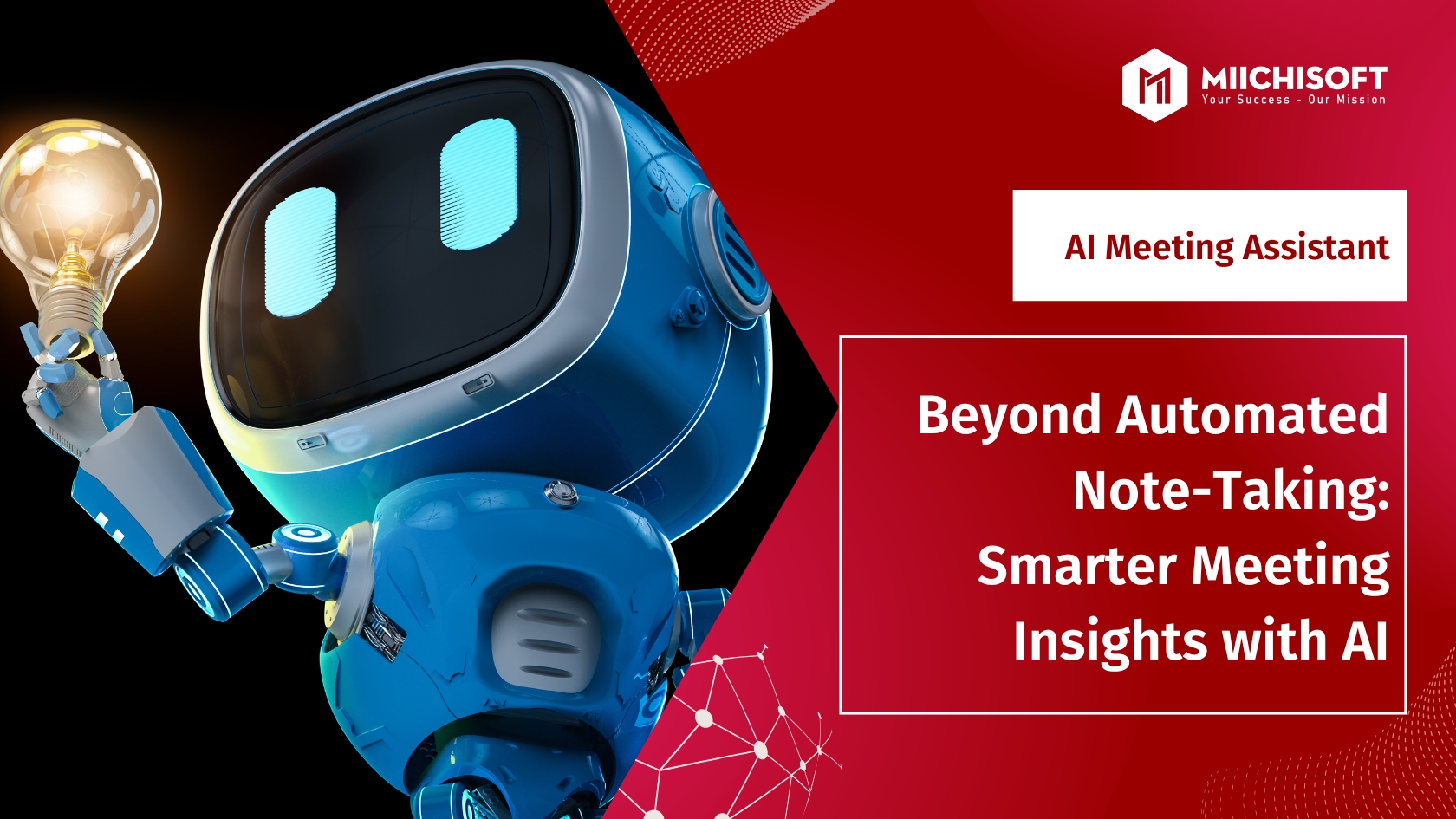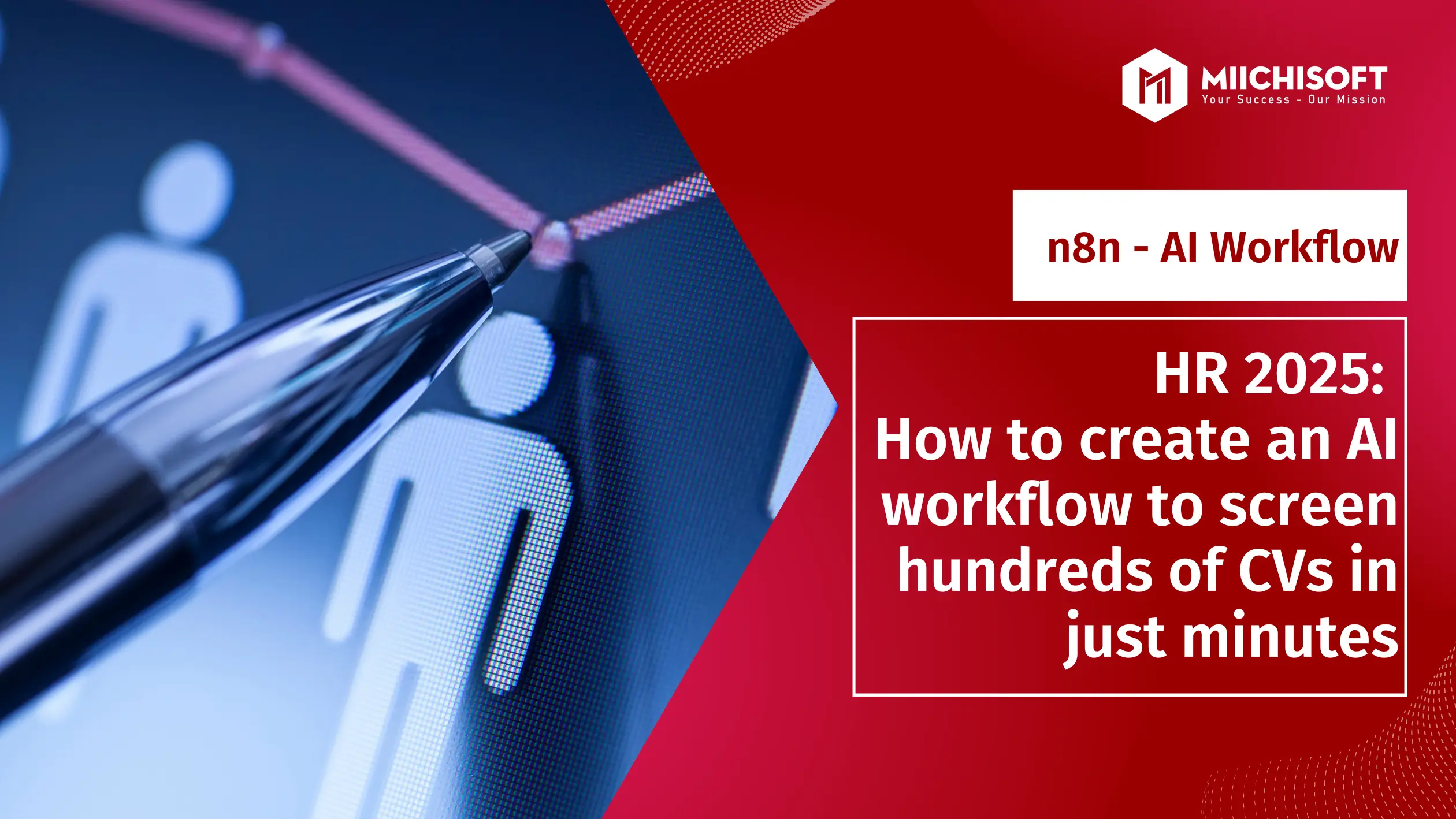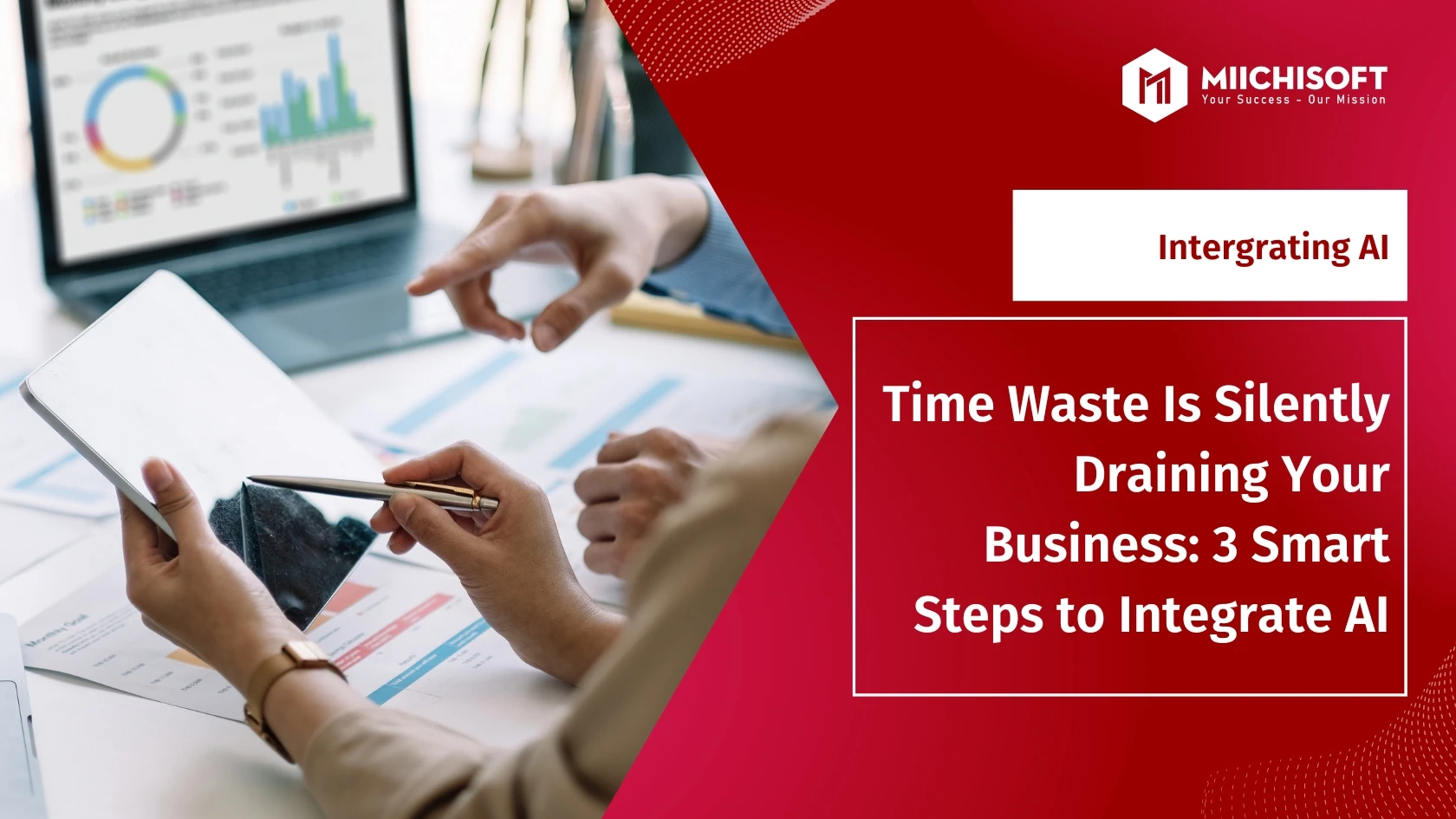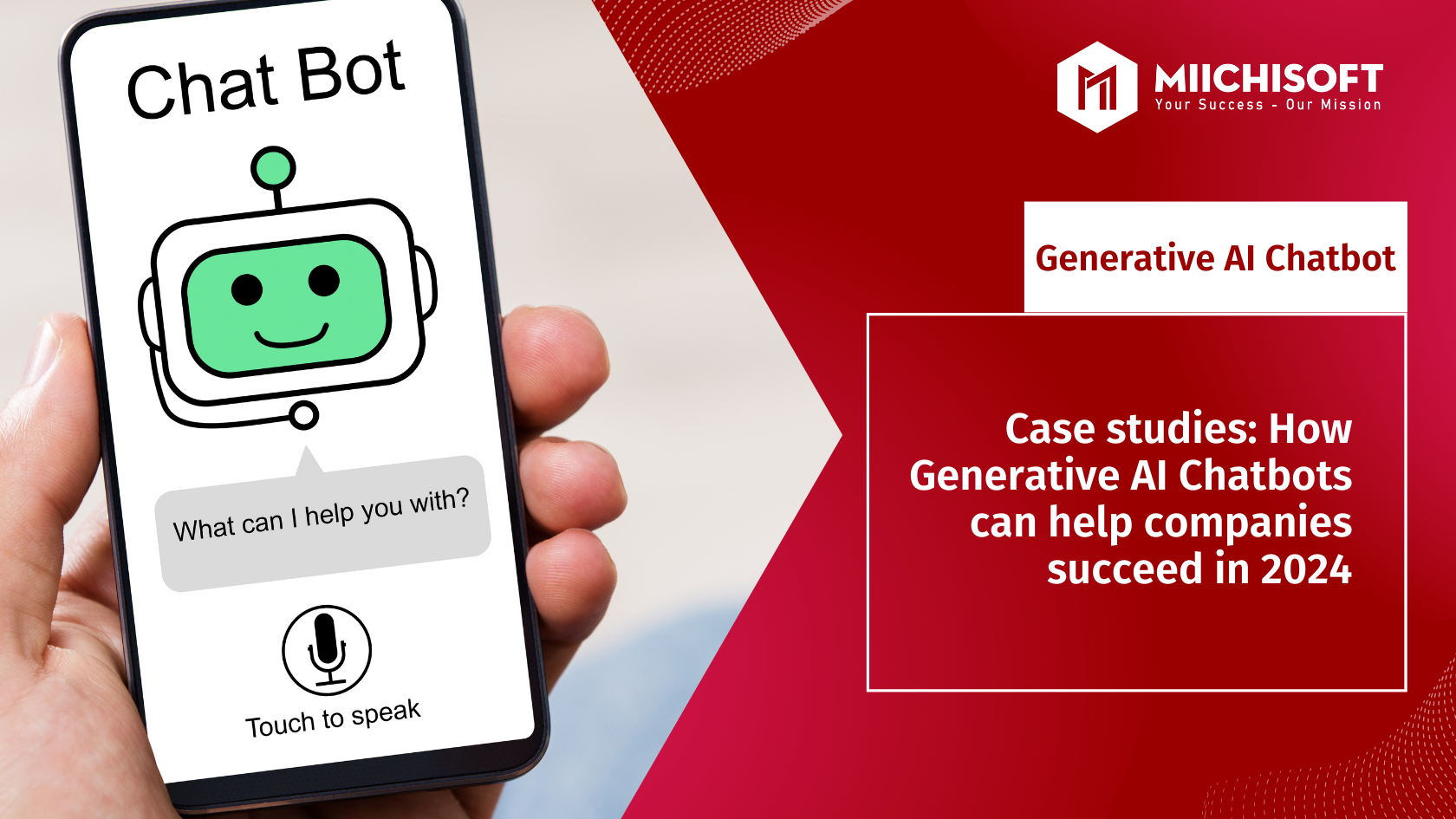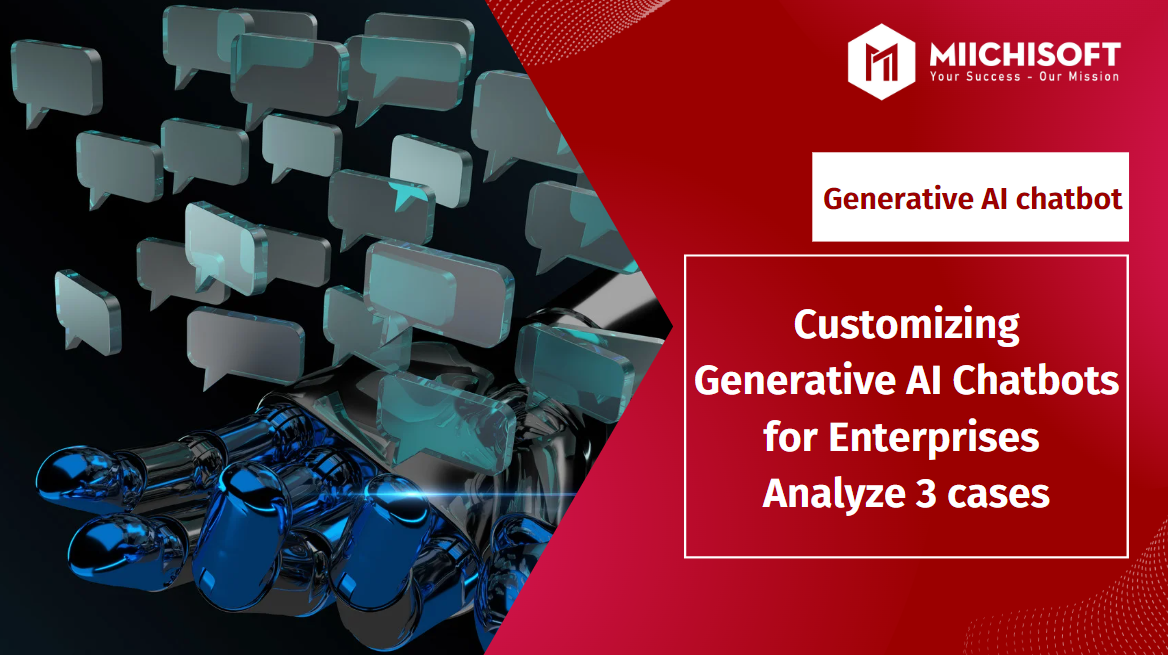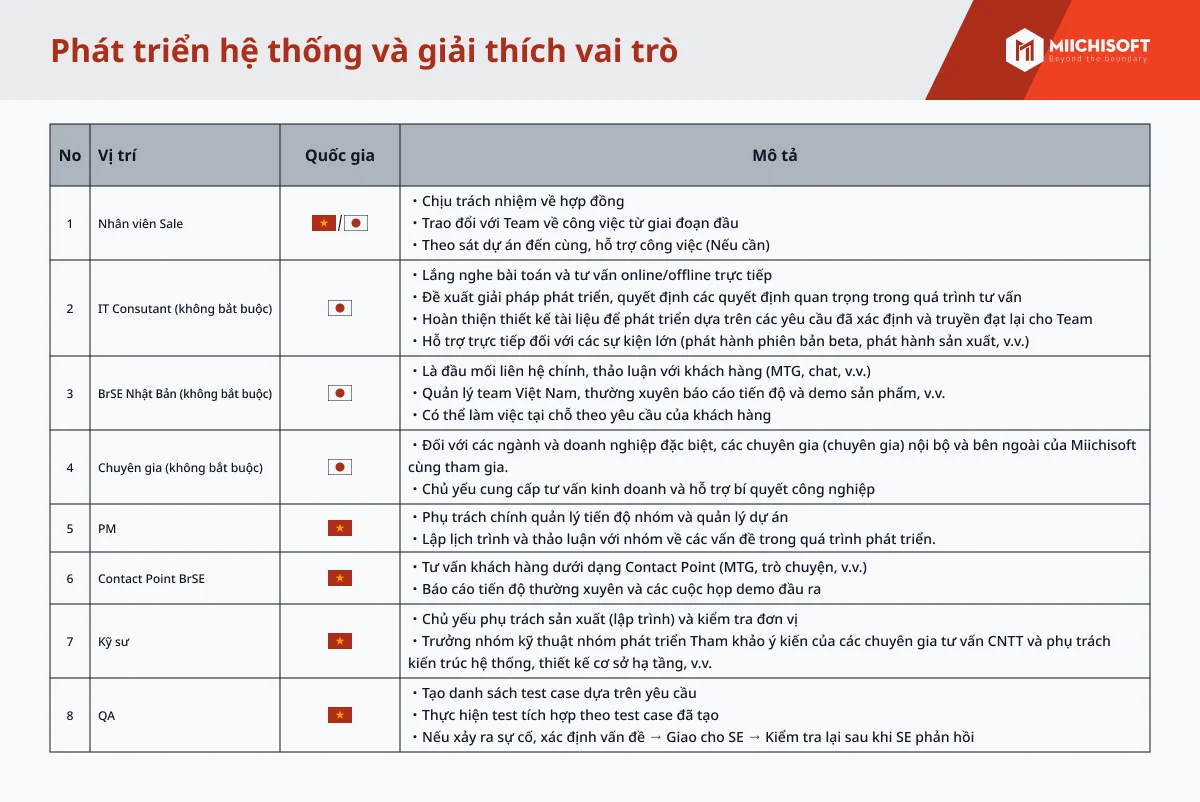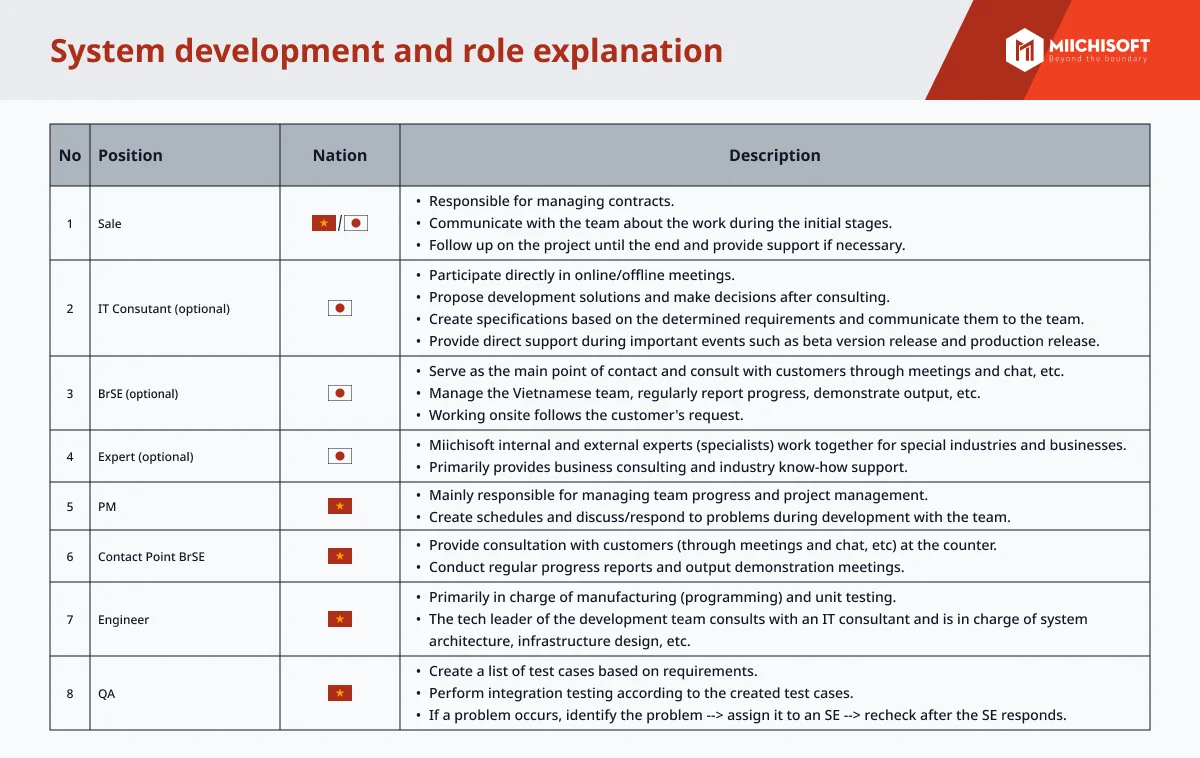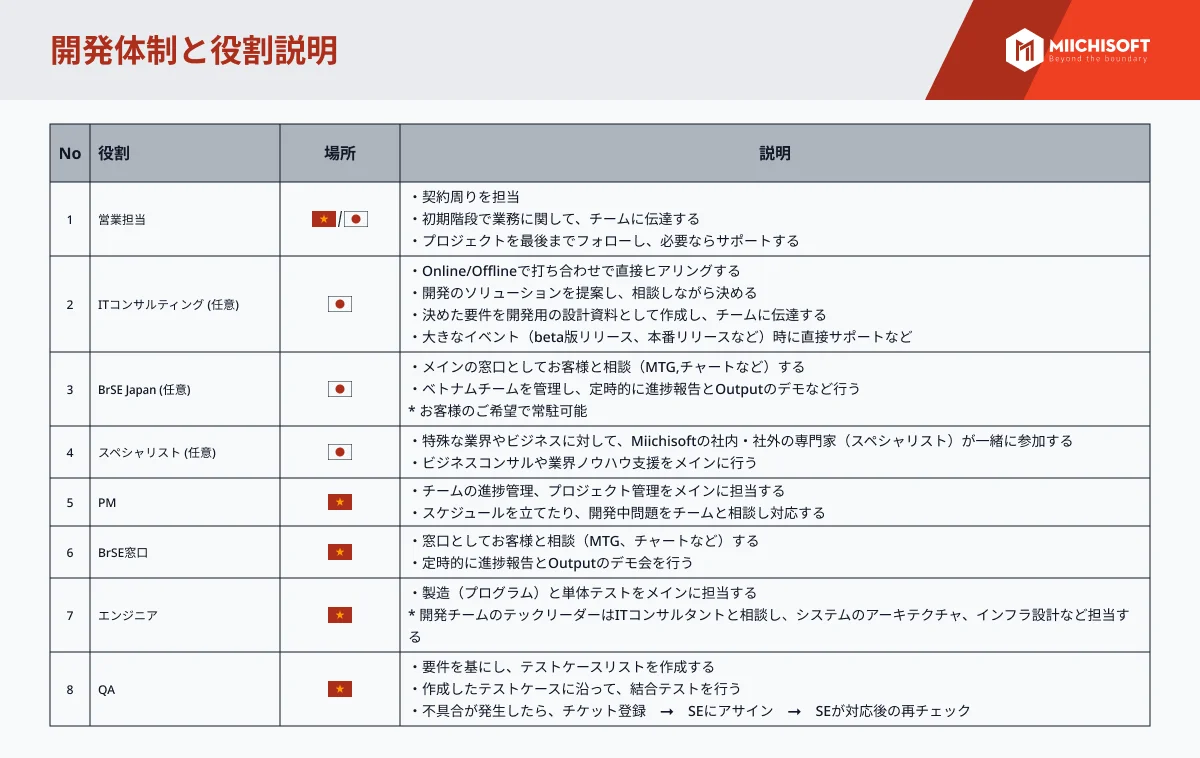In today’s fast-paced business environment, meetings play a vital role in decision-making and team coordination. However, a study by the University of North Carolina found that 71% of participants rated meetings unproductive. The issue doesn’t lie in individuals but in how information is managed and followed up afterward. This is where AI Meeting Assistants are reshaping the game, transforming how businesses organize and extract value from meetings to enhance decision-making and operational efficiency.
I. What Is an AI Meeting Assistant?
An AI Meeting Assistant is a tool powered by artificial intelligence that automates various aspects of the meeting process, including note-taking, content analysis, and action item suggestions. These virtual assistants help businesses save time and boost productivity by reducing manual work and improving meeting outcomes.
According to a report by Data Bridge Market Research, the global AI Meeting Assistant market was valued at $1.95 billion in 2023 and is expected to reach $11.88 billion by 2031, growing at a compound annual growth rate (CAGR) of 25.60%. This reflects the tremendous potential of AI Meeting Assistants to streamline workflows and enhance the effectiveness of business meetings.
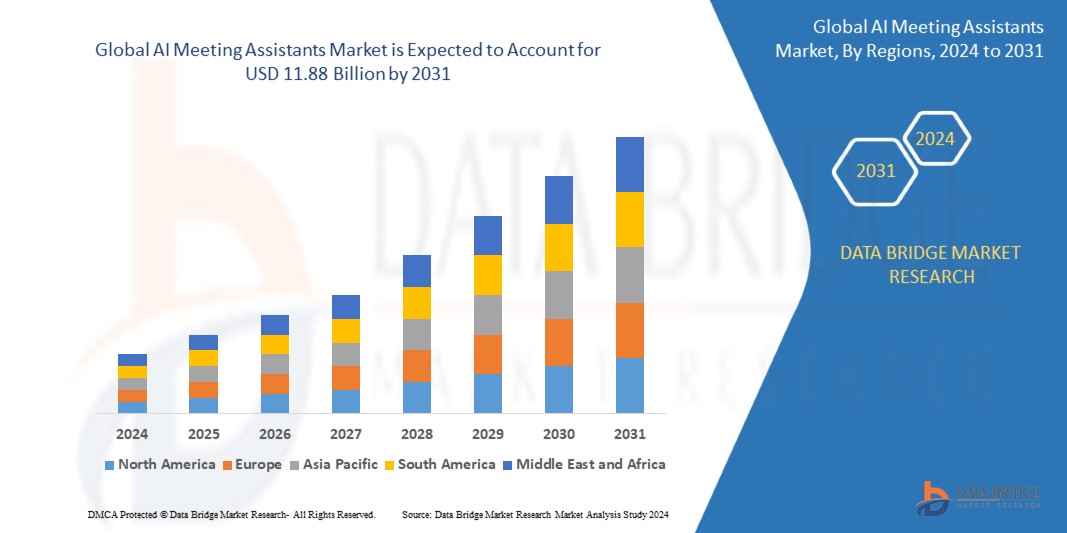
Source: Data Bridge Market Research
See more: Time Waste Is Silently Draining Your Business: 3 Smart Steps to Integrate AI into Business Workflow
II. Key Features of an AI Meeting Assistant
AI Meeting Assistants are being widely adopted thanks to their ability to enhance the entire meeting workflow. Below are the key features that make these tools a valuable asset for modern businesses:
1. Real-Time Note-Taking
Equipped with advanced speech-to-text technology with up to 99% accuracy, AI Meeting Assistants can transcribe conversations in real time, delivering detailed and reliable meeting notes. The system can even distinguish between different speakers, ensuring clarity and readability in the final transcript.
2. Smart Meeting Summaries
The AI automatically extracts key points, decisions, and action items from the meeting, allowing users to grasp essential information without going through the entire transcript. This greatly speeds up post-meeting reviews and enhances decision-making.
3. Content Analysis and Action Suggestions
Beyond summarization, AI Meeting Assistants analyze meeting content to suggest next steps or generate recommendations for future meetings, helping teams stay on track and aligned with their goals.
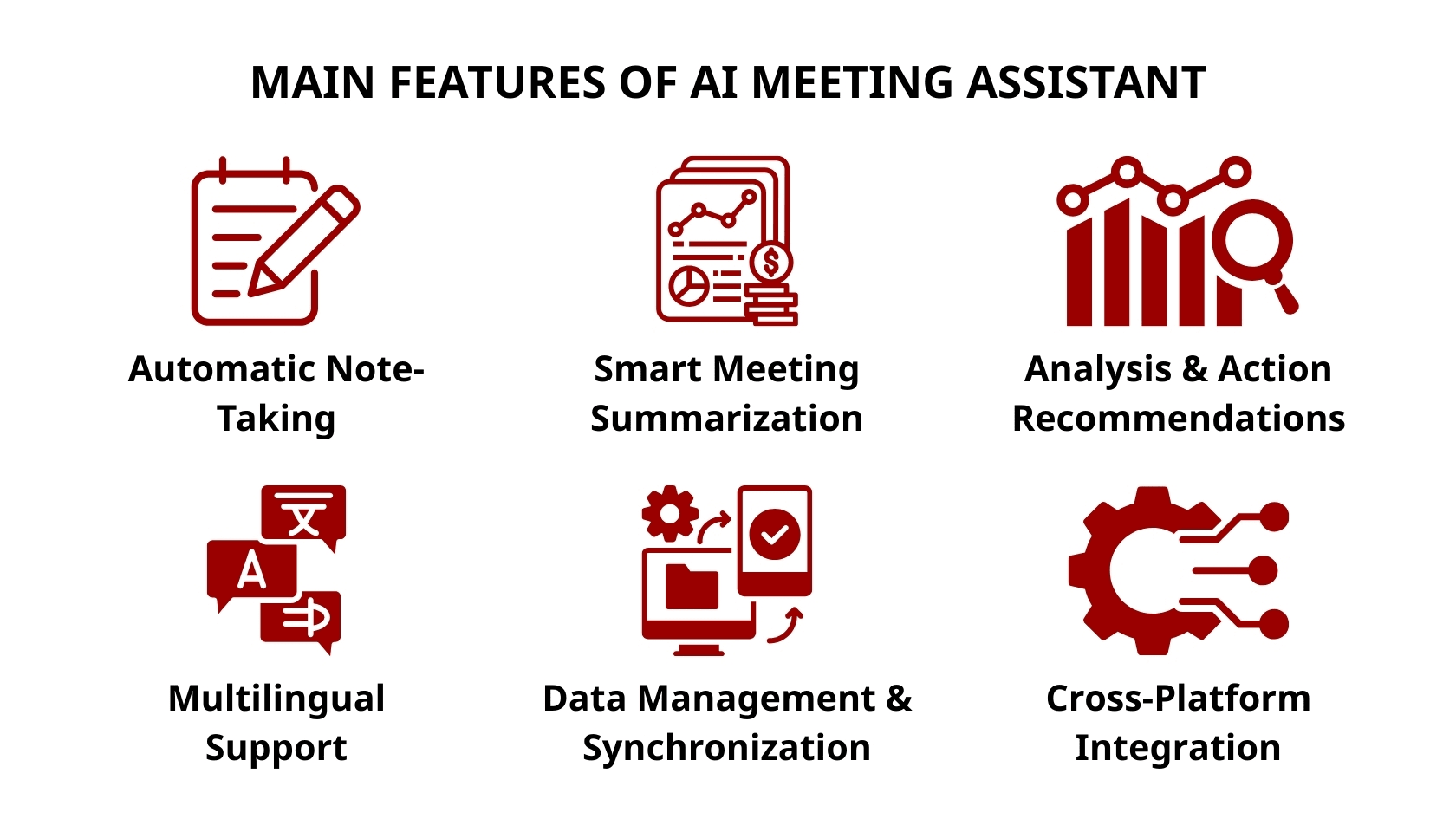
4. Data Management and Synchronization
All meeting records and transcripts are securely stored in the cloud, making them easy to access and share. The assistant can also integrate with tools like CRMs and project management platforms, automatically syncing updates to streamline your workflows.
5. Cross-Platform Integration
AI Meeting Assistants can seamlessly connect with tools like Slack, Notion, Jira, and Google Calendar—automating post-meeting emails, task creation, and ensuring a smooth flow of information across your workplace ecosystem.
6. Multilingual Support
With support for multiple languages, AI Meeting Assistants are ideal for global teams. Transcripts can include bilingual formats or translations, ensuring everyone stays on the same page, regardless of language barriers.
III. The Core Technologies Behind AI Meeting Assistants
To operate effectively, an AI Meeting Assistant relies on a sophisticated tech stack that brings together machine learning models and natural language processing capabilities.
So, what technologies power an AI Meeting Assistant?
1. Automatic Speech Recognition (ASR)
Modern ASR systems use deep learning and transformer-based architectures to recognize speech with high accuracy—even in noisy environments or when multiple people are speaking simultaneously. Recent breakthroughs in model design and signal processing have also enabled multilingual recognition and real-time transcription at scale.
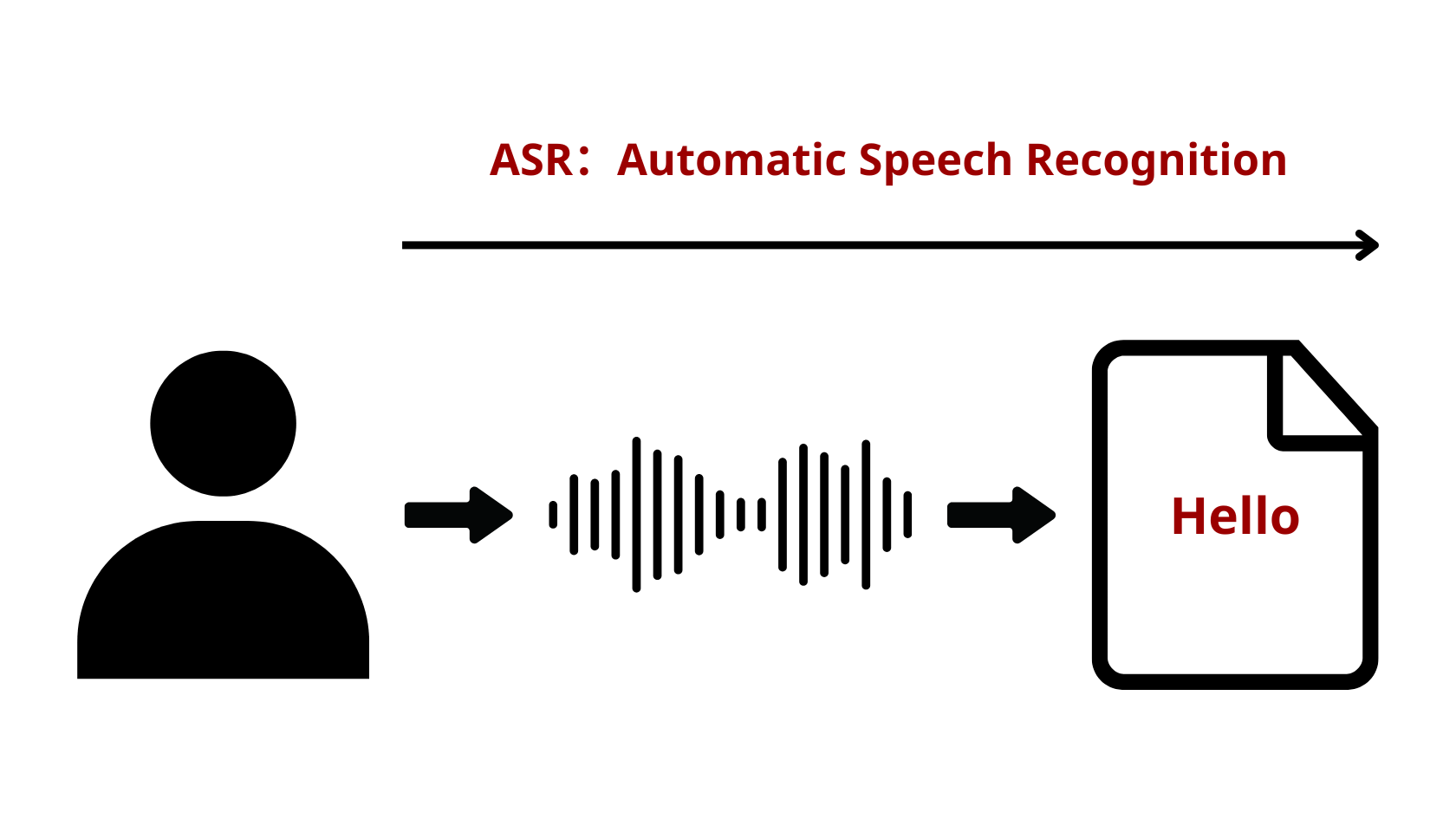
2. Large Language Models (LLMs) & Generative AI
LLMs such as GPT and BERT play a central role in contextual understanding and smart suggestions. When fine-tuned for specific business contexts and combined with RAG (Retrieval-Augmented Generation), they can deliver highly accurate insights by referencing internal data during analysis.
3. Natural Language Processing (NLP)
NLP enables the assistant to analyze sentence structure and meaning, extract keywords, identify topics, and detect time/place markers within meeting content. It also powers automatic summarization using both extractive (pulling key sentences) and abstractive (rephrasing into concise summaries) approaches.
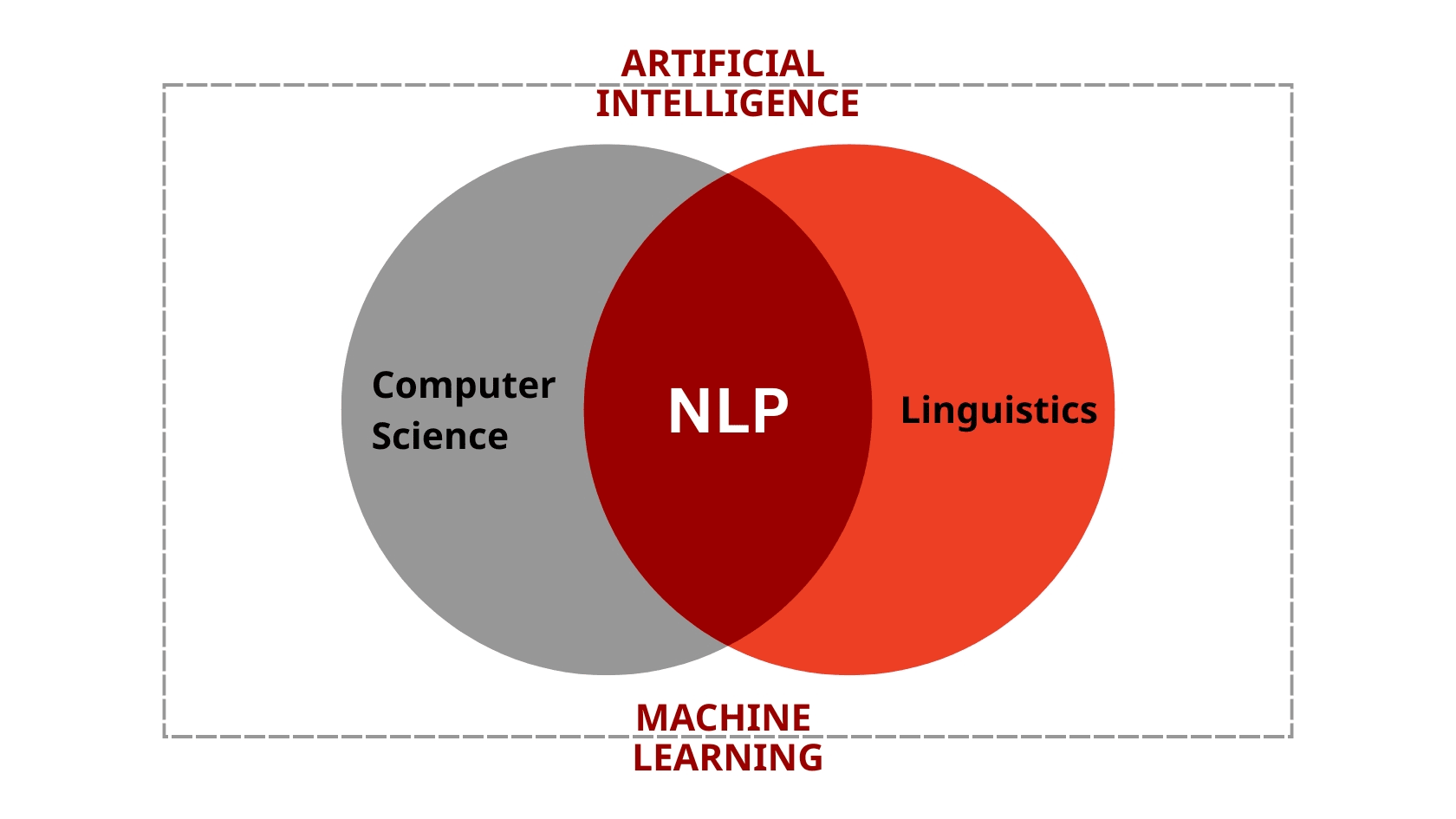
4. Cross-Platform Integration & Synchronization
AI Meeting Assistants can connect with popular virtual meeting tools like Zoom, Google Meet, and Microsoft Teams via API. This enables seamless multi-platform functionality, including real-time transcription and note-taking regardless of where the meeting takes place.
IV. Practical Applications of AI Meeting Assistants in Businesses
AI Meeting Assistants go far beyond simple note-taking—they are becoming an integral part of how modern enterprises operate, collaborate, and make decisions. Here are some common ways businesses are leveraging this technology to improve productivity and coordination.
1. Optimizing Internal and External Meetings
In internal meetings, AI Meeting Assistants capture every detail in real time, automatically segmenting content into actionable items such as work plans, task assignments, and deadlines. Integrated with project management tools, the assistant can automatically create tasks, send reminders, and update progress. This helps eliminate the “meeting and forget” phenomenon, ensuring better follow-up and cross-departmental alignment.
In meetings with clients or partners, the AI assistant objectively captures all requests, agreements, and key discussion points accurately and without omissions. These records are securely stored and can be retrieved later as references or proof, reducing the risk of misunderstandings and strengthening customer relationship management.
2. Enhancing Training Sessions and Webinars
For internal training, the AI assistant records entire sessions, highlights key points, and automatically generates summaries. This allows employees to review lessons at their own pace, while training departments can analyze content effectiveness and adjust materials accordingly.
For webinars or virtual events aimed at clients or partners, AI Meeting Assistants document presentations in a structured, clear format. This makes it easy to produce concise post-event summaries for communication or follow-ups. The result is an improved attendee experience and a higher chance of conversion after the event.
3. Improving Project Management
By tracking key milestones discussed during meetings, the assistant updates project statuses and sends real-time notifications to relevant stakeholders. Project Managers can save time compiling updates and respond quickly to any changes. Moreover, AI can identify potential risks early and suggest mitigation strategies to help ensure projects stay on track and meet quality expectations.
4. Industry-Specific Use Cases
In high-stakes sectors like healthcare, law, education, and finance—where accuracy and confidentiality are paramount—AI Meeting Assistants ensure precise, context-aware records while complying with industry security standards. This reduces the burden on professionals while enhancing the reliability and integrity of recorded information.
For example, in healthcare, AI Meeting Assistants can be used during multidisciplinary team (MDT) meetings to document clinical decisions, assign responsibilities to each medical specialist, and facilitate quick access when reviewing treatment progress.
V. Security and Privacy: The Prerequisites for Trust in AI Meeting Assistants
As AI Meeting Assistants become more prevalent in helping businesses manage and optimize meetings, security and privacy have emerged as critical concerns—especially given these tools’ ability to record, analyze, and store entire conversations. For enterprises, particularly those in sensitive industries such as finance, law, and healthcare, ensuring the confidentiality and protection of data is non-negotiable.

・Potential Risks
To deploy AI Meeting Assistants effectively and responsibly, businesses must recognize the potential risks associated with security, privacy, and legal compliance:
・Unintentional collection of sensitive data: Meetings often involve confidential discussions, including internal strategies and customer information. Without intelligent filtering mechanisms, AI systems may inadvertently capture and store data that should not be recorded or retained.
・Unauthorized access threats: Once digitized and stored, meeting content becomes a valuable digital asset that must be protected. If the AI system lacks robust security layers—such as end-to-end encryption, multi-factor authentication, and access control—any minor vulnerability could expose the entire meeting record to theft, tampering, or leakage.
・Concerns over monitoring and surveillance: The use of AI to record and analyze meeting content may raise concerns among employees about being monitored. Without transparent communication on how data is handled, such concerns can reduce openness and engagement in meetings, ultimately affecting team dynamics and collaboration quality.
・Essential Safeguards and Compliance Standards
To gain users’ trust and ensure safe deployment, AI Meeting Assistants must adhere to high security standards and comply with strict legal regulations:
・End-to-End Encryption: This ensures that meeting data remains protected throughout transmission and storage. Only authorized participants can access the content, preventing interception or unauthorized use during the data exchange process.
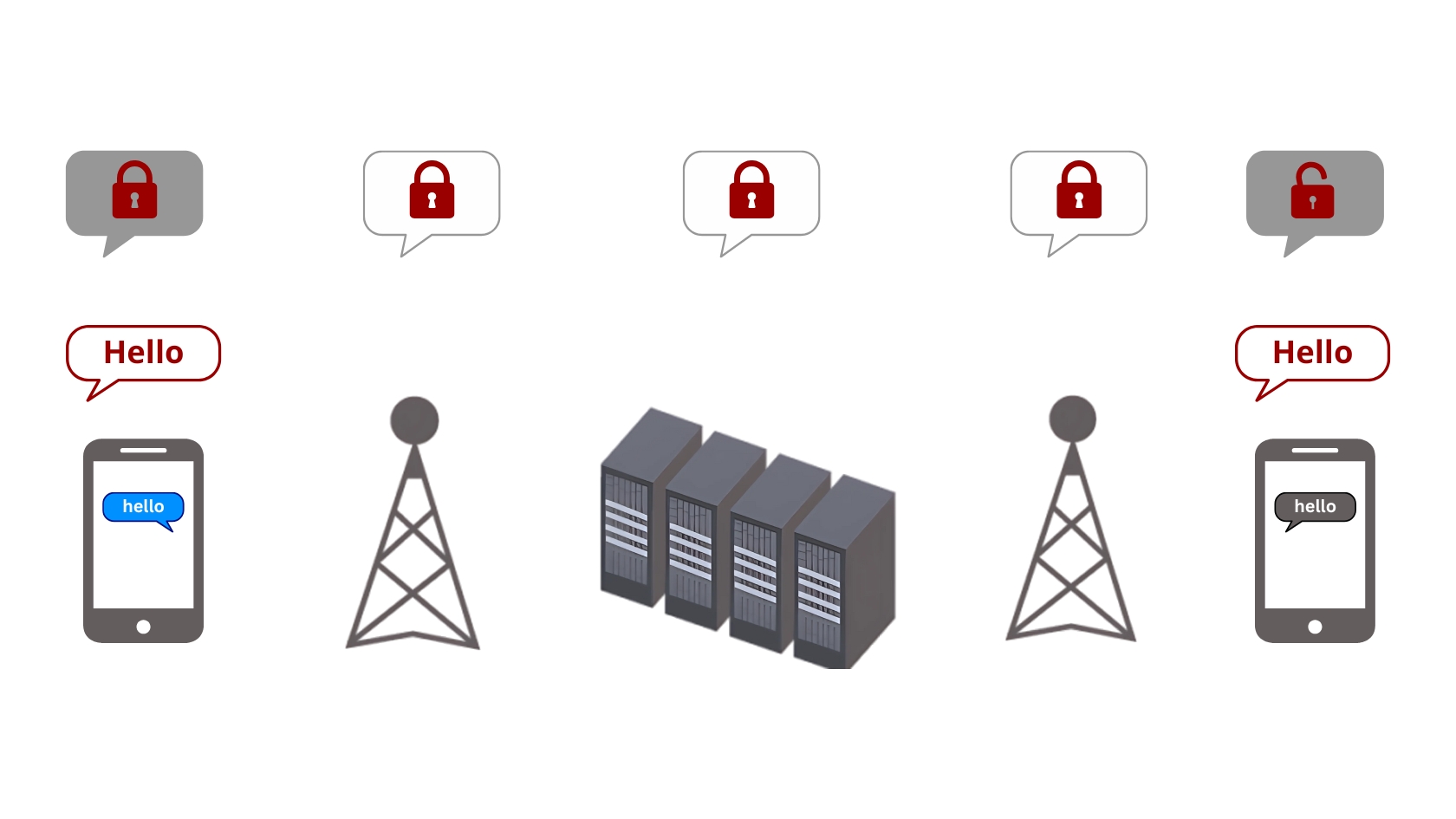
・Granular Access Control: Role-based permissions must be implemented to ensure that only designated personnel can access or retrieve meeting content. This helps prevent data misuse and ensures that sensitive information is protected from unauthorized parties.
・Compliance with legal frameworks: AI Meeting Assistants must align with global privacy regulations such as the GDPR (EU), CCPA (California), or HIPAA (U.S. healthcare). Compliance ensures the lawful handling of personal and sensitive information, building trust among users.
・Transparent data policies: Users should be clearly informed about how their data is recorded, stored, and processed. Transparency fosters trust and empowers meeting participants to make informed decisions about their data privacy.
By implementing these security measures, organizations can confidently adopt AI Meeting Assistants while ensuring compliance and protecting the privacy of all stakeholders. Trust, after all, is the foundation of any technology that handles sensitive information.
・Miichisoft’s AI Meeting Assistant
Understanding the growing demands for security and privacy, Miichisoft has developed an AI Meeting Assistant designed to be deployed directly on a company’s internal infrastructure. All processes—including transcription, summarization, and meeting analysis—are handled locally, ensuring complete data control and eliminating the risk of external leaks.
The solution is built with robust safeguards, including encryption, role-based access control, and transparent data usage policies, making it ideal for modern enterprises with strict compliance requirements.
With a core philosophy of “security as the foundation,” Miichisoft’s AI Meeting Assistant not only enhances meeting efficiency but also delivers the highest level of information protection.
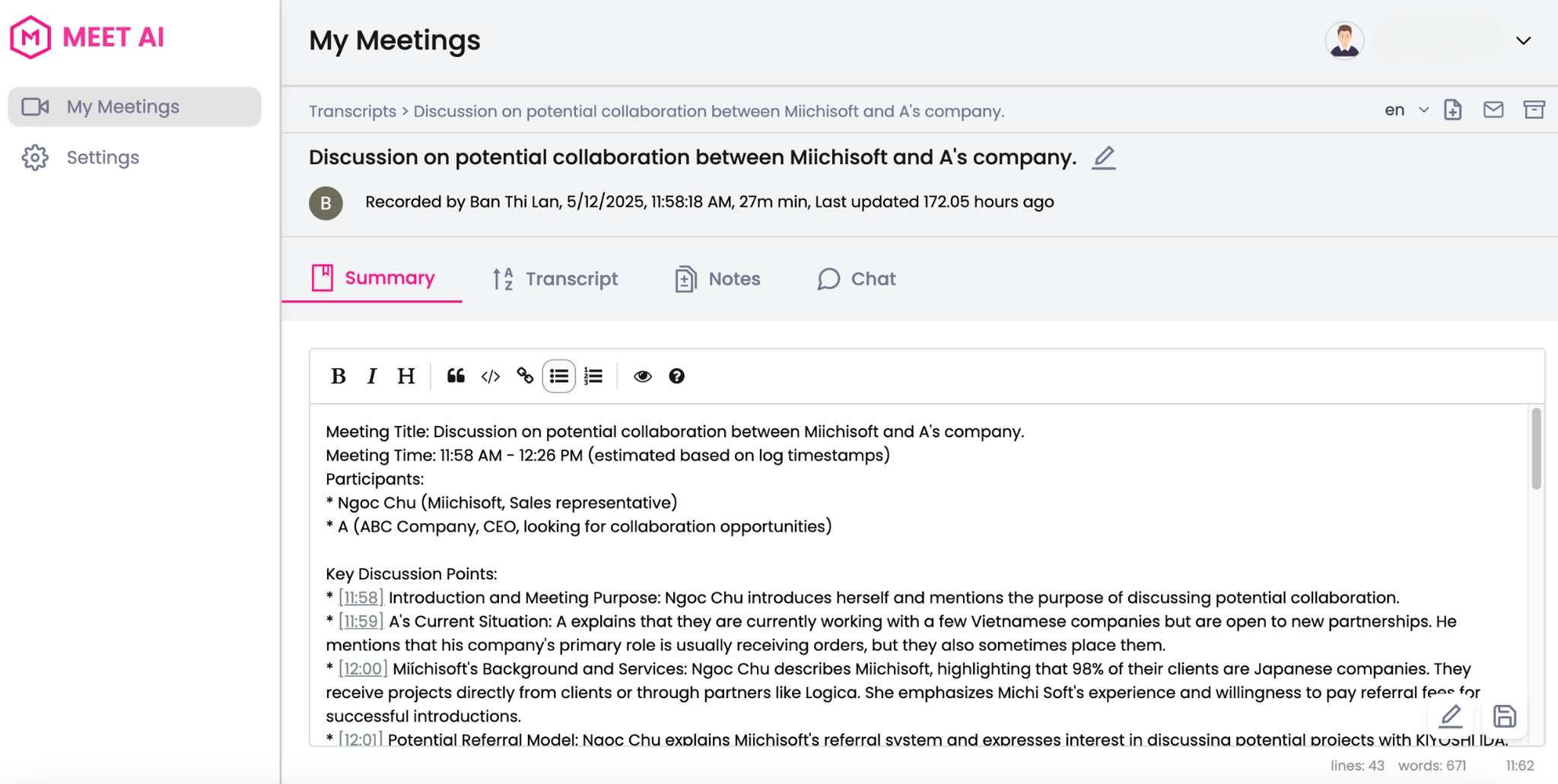
VI. The Future: From “Assistant” to “Co-Pilot” in Meetings
AI is evolving from a passive tool into an active participant in the workflow. So, what lies ahead for AI-powered meeting platforms?
In the near future, AI Meeting Assistants could become true “co-pilots” in corporate meetings:
・Prioritizing meeting topics: Based on backlogs, deadlines, and unresolved issues, AI can suggest key discussion points for the week, rather than merely identifying available time slots.
・Evaluating participation: By analyzing meeting content, AI can identify who is leading, who is less engaged, and who may need support—enabling improved team collaboration.
・Automated post-meeting follow-ups: AI can send recap emails, recommend next steps, and attach relevant documents to ensure all participants are aligned and nothing is overlooked.
・Context-aware feedback: AI can detect delays, assignment conflicts, or emerging bottlenecks, then offer timely alerts and adjustment suggestions.
AI Meeting Assistants won’t replace humans—but they will become indispensable partners that help businesses conduct more effective meetings and make smarter decisions.
VII. Conclusion
When implemented effectively, an AI Meeting Assistant is not just a piece of technology, it becomes a vital part of an enterprise’s smart operation system. In the era of data-driven decision-making, the real question is no longer how many meetings we have, but rather what actions follow each meeting to improve work efficiency.
With over 7 years of experience working with companies in Japan, across Asia, and globally, Miichisoft is proud to be a pioneer in delivering cutting-edge technology solutions, especially AI-powered applications, to help businesses streamline operations and boost productivity.
We’ve successfully delivered over 250 projects, ranging from internal systems to large-scale platforms serving thousands of users. Our experienced engineering team combines deep technical expertise with business insight.
Miichisoft is not just a solution provider—we are your trusted partner on the journey of digital transformation.
Contact us today to explore how the right AI solution can empower your business.


